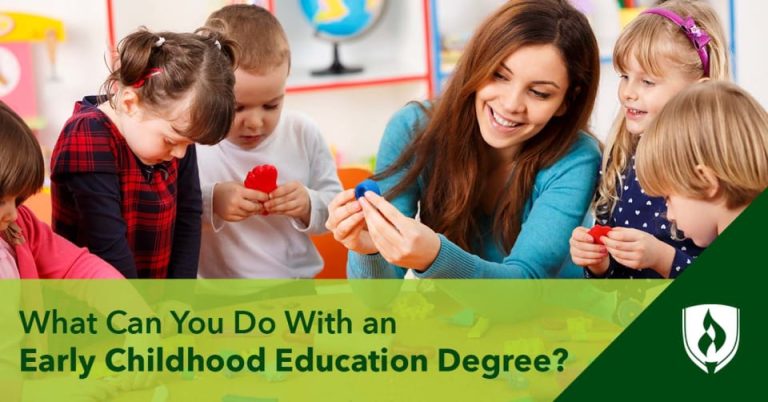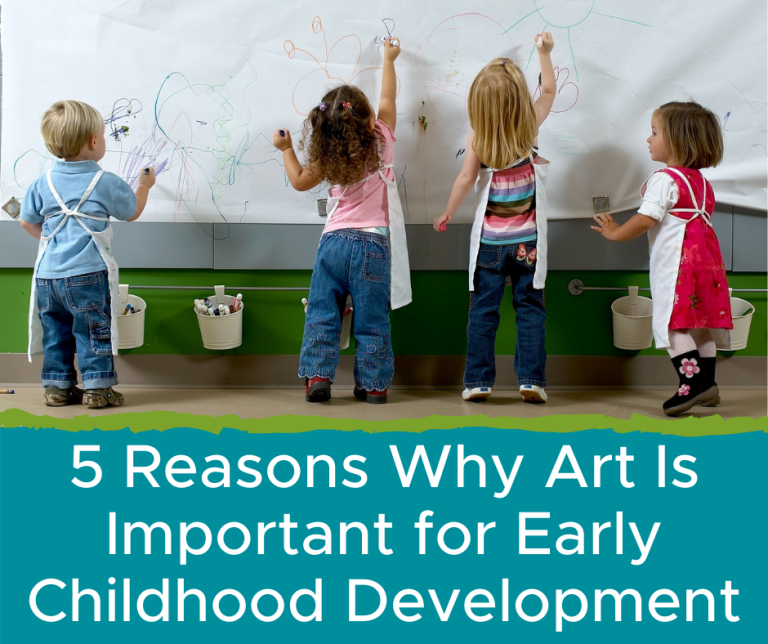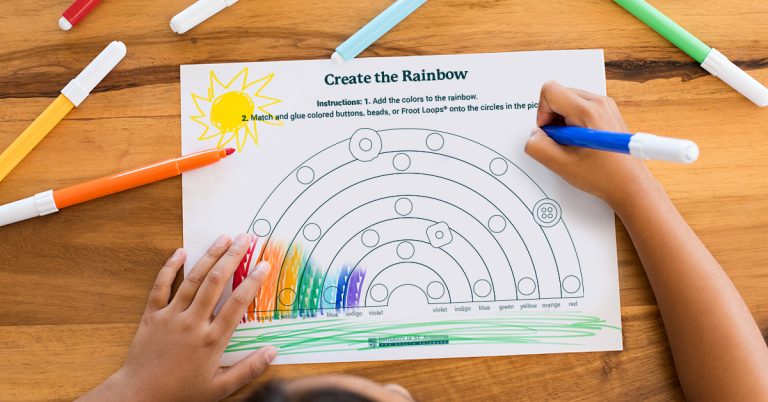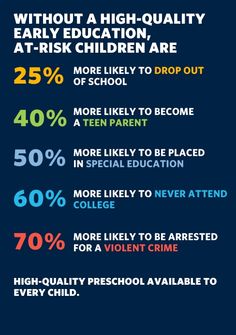What Ages are Early Childhood Education? Unlock the Best Learning Years!
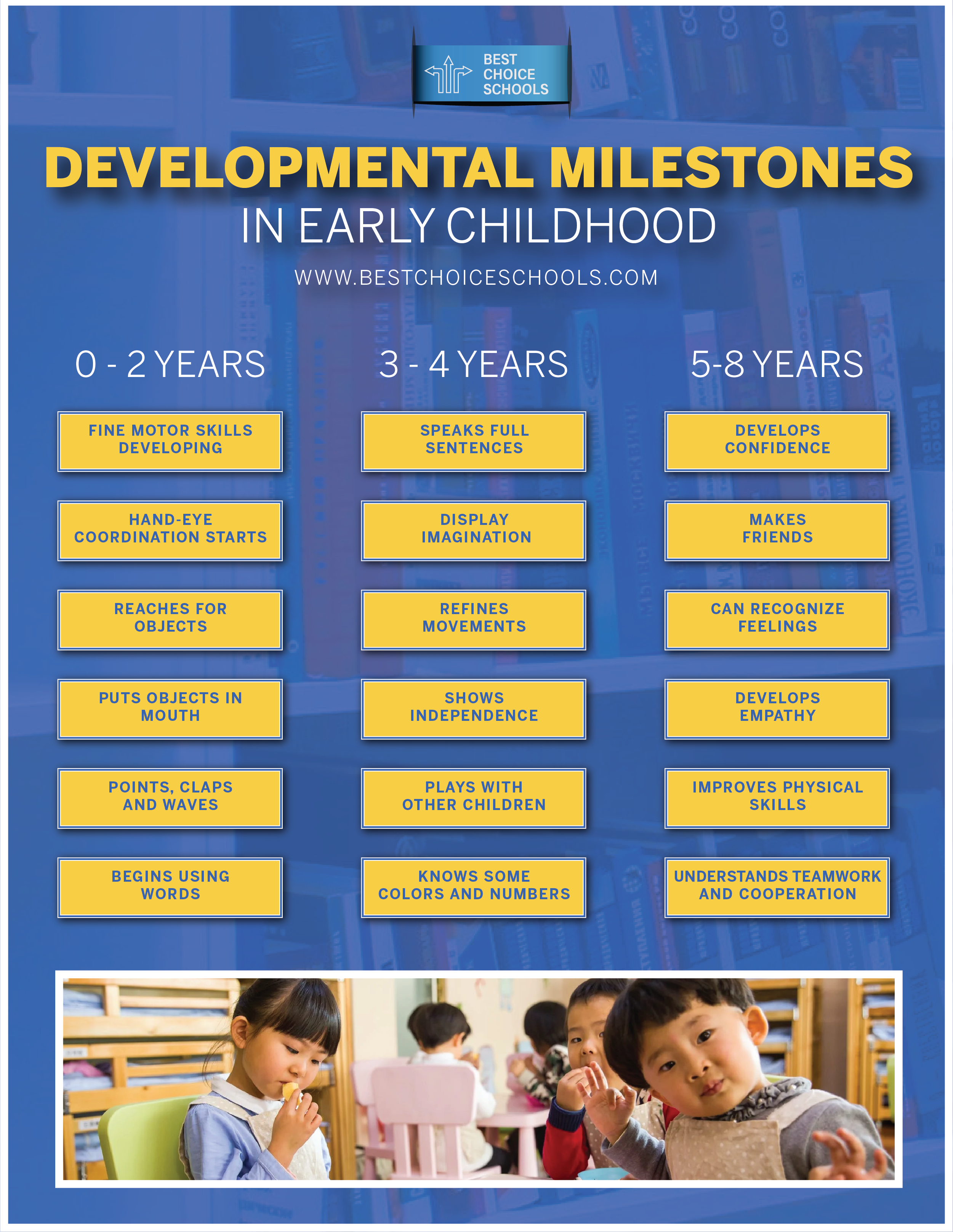
Early childhood education typically includes children from birth to around eight years old. This crucial stage focuses on cognitive, social, and emotional development, setting the foundation for future learning.
Providing quality early childhood education is essential for nurturing young minds and preparing them for success in school and beyond. Parents, teachers, and policymakers recognize the importance of investing in early childhood education to ensure children reach their full potential.
Research consistently shows the long-term benefits of early childhood education, including improved academic performance, higher graduation rates, and overall well-being. By prioritizing early childhood education, society can create a strong foundation for future generations to thrive and contribute positively to the world.
Importance Of Early Childhood Education
Developmental Benefits
Early childhood education provides essential developmental benefits that contribute to a child’s overall growth and well-being. Through engaging activities and play-based learning, young children develop crucial skills such as problem-solving, social interaction, and cognitive development.
Long-term Educational Success
Investing in early childhood education lays a strong foundation for long-term educational success. Research shows that children who have access to quality early education programs are more likely to excel academically, leading to higher graduation rates and greater opportunities for future success.
Key Components Of Early Childhood Education
Curriculum Design
Curriculum design in early childhood education focuses on creating a framework that supports the holistic development of young children. It includes a carefully planned sequence of learning experiences that cater to the diverse needs and interests of children. A well-designed curriculum encompasses a variety of subjects and activities, fostering curiosity, critical thinking, and creativity.
Play-based Learning Approach
A play-based learning approach is a fundamental component of early childhood education. Through play, children explore, experiment, and make sense of the world around them. It encourages hands-on, experiential learning, promoting cognitive, physical, and social development. Play-based activities stimulate imagination, problem-solving skills, and language development in young learners.
Social And Emotional Development
Social and emotional development is integral to early childhood education, emphasizing the cultivation of interpersonal skills, empathy, and self-regulation. Educators create nurturing environments where children learn to communicate, collaborate, and navigate their emotions. Building strong social connections and emotional resilience lays a solid foundation for future academic success and overall well-being.
Age Range For Early Childhood Education
Understanding the age range for early childhood education (ECE) is essential for parents and educators alike. Early childhood education typically encompasses children from birth to around 8 years old. This crucial period sets the foundation for a child’s cognitive, emotional, and social development, making it vital to provide appropriate educational experiences during these formative years.
Defining Early Childhood
Early childhood, as defined in the educational context, refers to the period of a child’s life from birth to around 8 years old. This phase is characterized by rapid physical, emotional, and cognitive development, making it a critical time for educational interventions.
Typical Age Groups In Ece Programs
In early childhood education programs, children are usually grouped according to their age and developmental stage. The age ranges for these groups can vary slightly depending on the specific program, but they typically include the following categories:
- Infants: Birth to 12 months
- Toddlers: 1 to 3 years old
- Preschoolers: 3 to 5 years old
- Kindergarteners: 5 to 6 years old
- Early Elementary: 6 to 8 years old
These age groupings allow educators to tailor their teaching methods and curriculum to suit the developmental needs and abilities of children within each category, ensuring that they receive appropriate and effective early childhood education.
Benefits Of Starting Early
Early childhood education plays a crucial role in a child’s development. Starting education at a young age offers numerous benefits that have a lasting impact on a child’s future. Let’s explore the advantages of beginning the learning journey early.
Brain Development
Early childhood education contributes significantly to brain development. During the first few years of life, a child’s brain undergoes rapid growth and development. Stimulating educational activities and experiences during this critical period can enhance cognitive function, memory, and problem-solving skills.
Foundation For Lifelong Learning
Early education serves as the foundation for lifelong learning. It instills a love for learning, cultivates curiosity, and fosters a positive attitude towards education. By laying a strong educational groundwork in the early years, children are better equipped to pursue academic success and continue learning throughout their lives.
Challenges In Early Childhood Education
Early childhood education faces various challenges that impact the quality and accessibility of programs, hindering the overall development of young children.
Access And Equity Issues
Limited access to early childhood education programs creates disparities among children from different socio-economic backgrounds.
- Financial barriers prevent many families from enrolling their children in quality programs.
- Geographical constraints make it difficult for some children to access early education facilities.
Quality Of Programs
Varied program quality affects the learning outcomes of children in early childhood education.
- Lack of qualified educators can lead to lower-quality teaching and learning experiences.
- Inadequate resources in some programs hinder the holistic development of children.
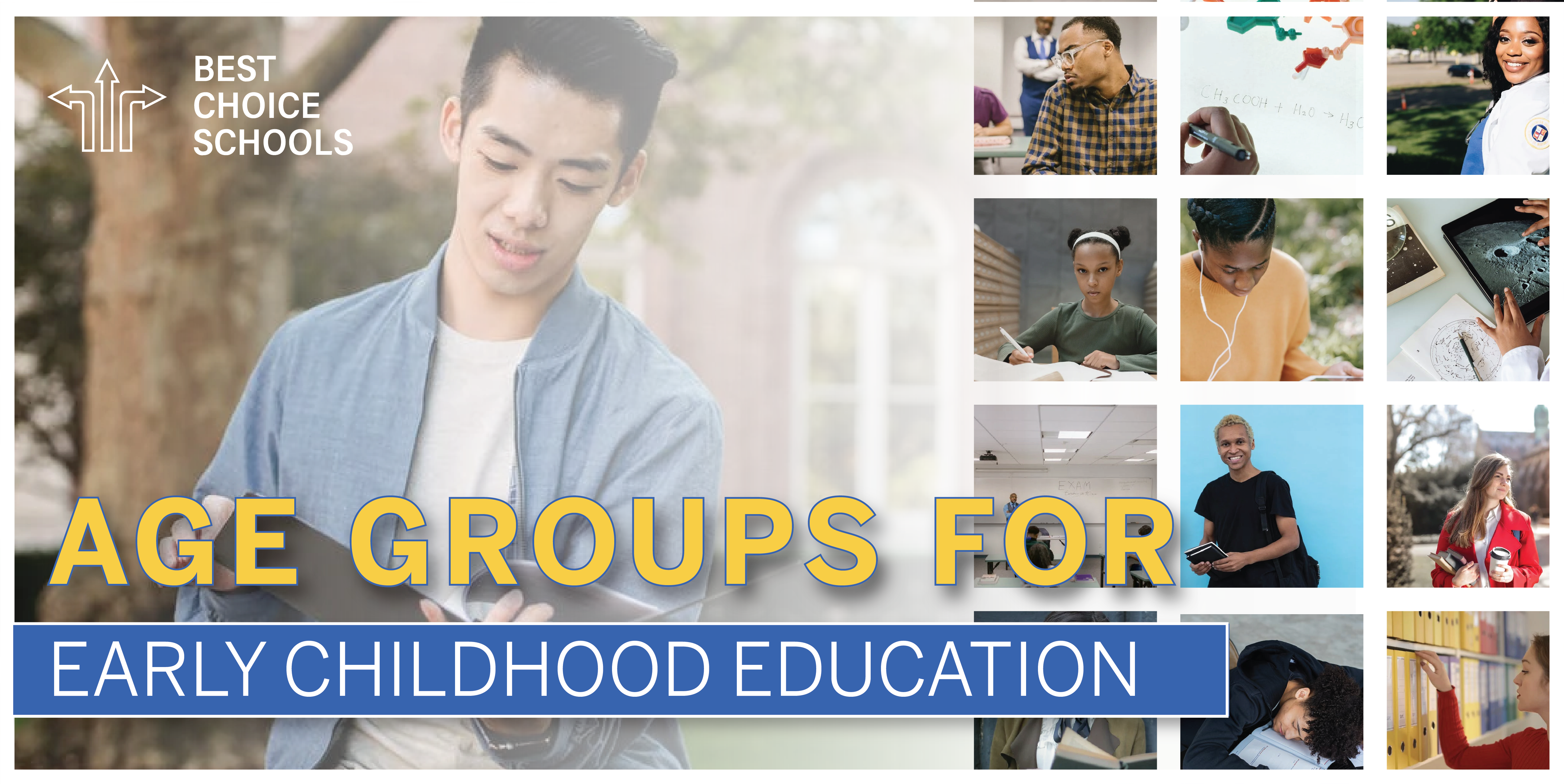
Credit: www.bestchoiceschools.com
Parental Involvement In Ece
As early childhood education (ECE) gains more attention and importance, the role of parents in their child’s learning journey cannot be overlooked. Parental involvement in ECE is crucial in ensuring that children receive the best possible education and preparation for their future. It is a collaborative effort between parents and educators that helps children learn and grow in a supportive environment.
Supporting Learning At Home
Parents play a vital role in supporting their child’s learning at home. It is essential to create a positive learning environment in the home that encourages curiosity and exploration. Parents can support their child’s learning by:
- Reading to their child daily and asking questions about the story
- Encouraging their child to ask questions and explore their surroundings
- Providing educational toys and games that promote learning and problem-solving skills
Collaborating With Educators
Collaboration between parents and educators ensures that children receive the best possible education. Parents should actively participate in their child’s education by:
- Attending parent-teacher conferences and discussing their child’s progress
- Asking questions and expressing concerns about their child’s learning
- Volunteering in the classroom or school events to show support for their child’s education
Collaboration between parents and educators helps create a strong support system for children, which is essential for their academic and personal growth.
Innovations In Early Childhood Education
Technology Integration
Technology is integrated into early childhood education for interactive learning experiences.
Inclusive Practices
Inclusive practices promote diversity and ensure all children feel valued and included.

Credit: childcareta.acf.hhs.gov

Credit: www.researchgate.net
Frequently Asked Questions
What Is The Age Range For Early Childhood?
Early childhood typically refers to the age range from birth to around eight years old. This period is crucial for development and learning.
What Is The Age Span In Early Childhood Education?
Early childhood education typically covers the age range of 0 to 8 years old.
What Is The Age Of Children In Early Childhood Education?
Children in early childhood education are typically between the ages of 3 to 5 years old.
What Grade Is The End Of Early Childhood?
The end of early childhood typically aligns with the completion of kindergarten or the transition to first grade. This stage marks the beginning of formal education.
Conclusion
Early childhood education is crucial for children aged 3-8. It lays the foundation for lifelong learning, social development, and critical thinking skills. By providing a nurturing and stimulating environment, we can help children reach their full potential. Investing in early childhood education is an investment in our future.
Lorem Ipsum is simply dummy text of the printing and typesetting industry. Lorem Ipsum has been the industry’s standard dummy text ever since the 1500s, when an unknown printer took a galley of type and scrambled it to make a type specimen book.


